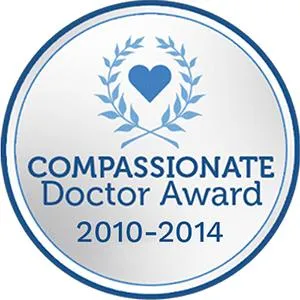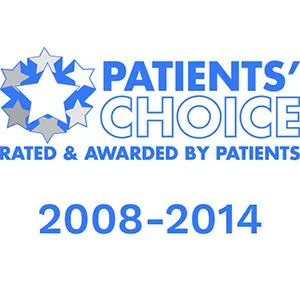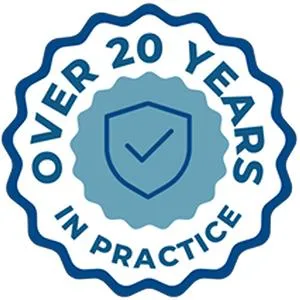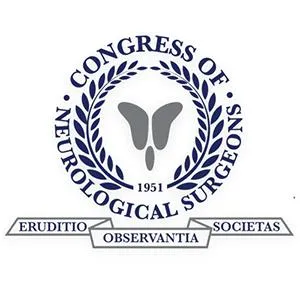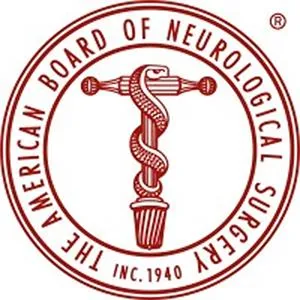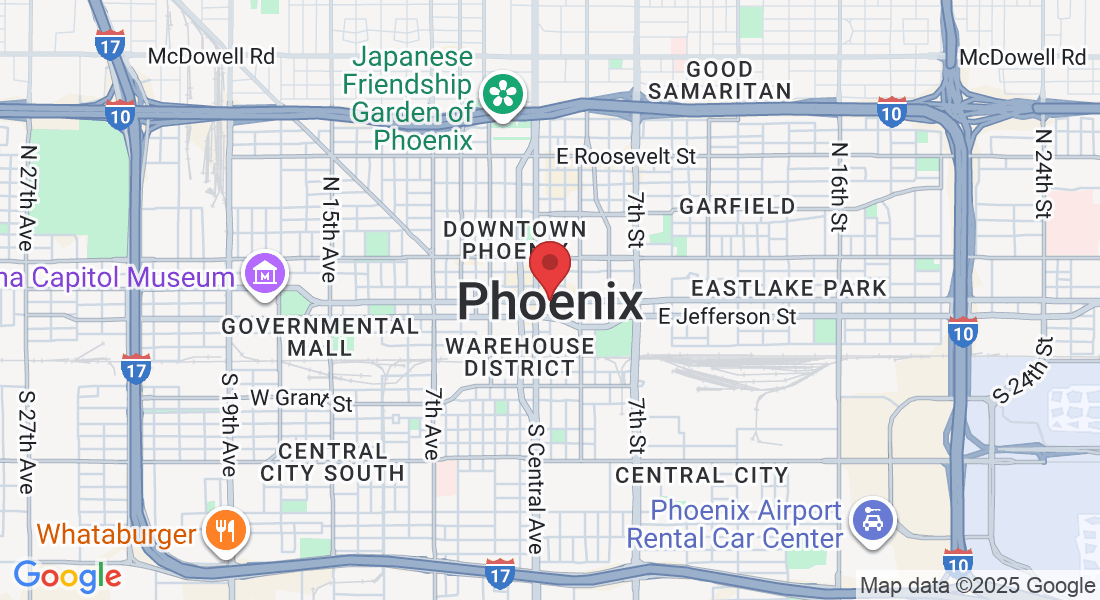Disc Disorders
Degenerative Disc Herniation
Understanding Disc Herniation from Degeneration
Spinal discs act as shock absorbers between the vertebrae, helping the spine stay flexible. Over time, discs naturally wear down — losing hydration, flattening, and developing small cracks in the outer wall. In some cases, this degeneration leads to a herniated disc, where the soft inner material pushes out through the weakened outer layer. This condition is called degenerative disc herniation. At Desert Spine and Pain, we help patients in Phoenix and across Arizona find relief from degenerative disc herniations. Under the care of Dr. David L. Greenwald, M.D., FAANS, FACS, a nationally recognized neurosurgeon, our team provides comprehensive, patient-centered treatment — starting with conservative options and offering advanced minimally invasive surgery when needed.

Over 100 5-Star Reviews!

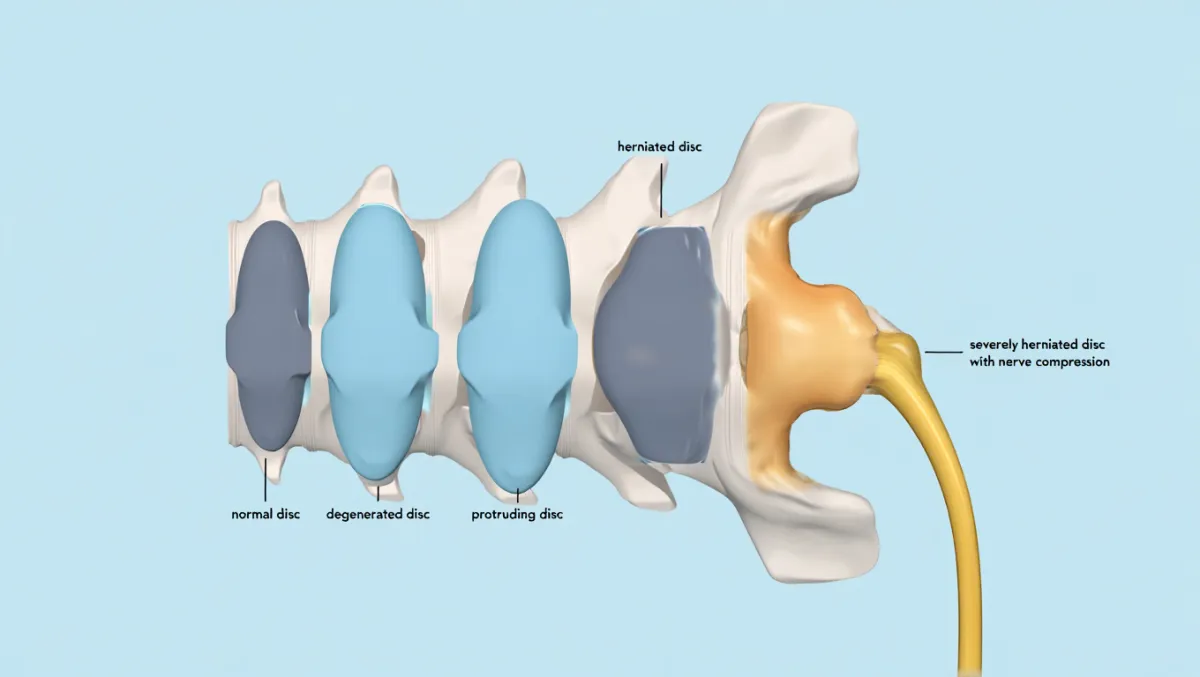
What Is Degenerative Disc Herniation?
A degenerative disc herniation develops when:
A spinal disc weakens due to degenerative disc disease
The outer layer (annulus fibrosus) cracks or thins
The inner core (nucleus pulposus) bulges or leaks outward
Nerves or the spinal cord are irritated or compressed
This is different from an acute herniation, which often occurs suddenly due to trauma or heavy lifting. Degenerative disc herniation develops gradually over time.
Causes and Risk Factors
Aging – The biggest factor in disc weakening
Degenerative Disc Disease – Ongoing breakdown of disc structure Learn about Degenerative Disc Disease
Genetics – Family history of disc problems
Repetitive stress – Heavy lifting, twisting, or high-impact activities
Obesity – Extra weight increases spinal stress
Smoking – Reduces disc nutrition and accelerates degeneration
Symptoms of Degenerative Disc Herniation
Symptoms vary based on disc location:
Cervical (neck) – Neck pain, radiating arm pain, numbness, tingling, or weakness
Thoracic (mid-back) – Mid-back pain, stiffness, or radiating rib/chest pain (less common)
Lumbar (lower back) – Back pain, sciatica (leg pain), numbness, tingling, or leg weakness
Pain may worsen with bending, lifting, sitting, or coughing/sneezing.
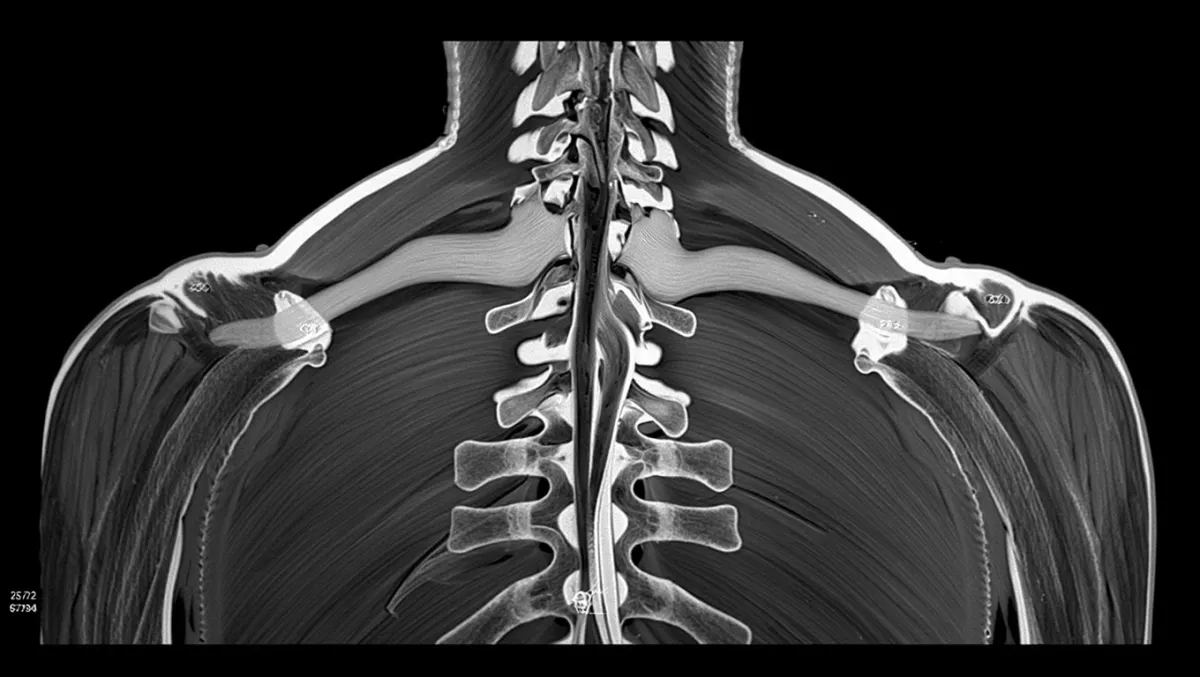
Diagnosis
At Desert Spine and Pain, diagnosis includes:
Physical exam – Assessing reflexes, strength, and sensation.
Imaging – MRI is the gold standard for disc herniations.
X-rays or CT scans – To evaluate spinal alignment and rule out fractures.
Nerve studies – In cases with neurological symptoms.
Treatment Options
Non-Surgical Care
Most degenerative disc herniations improve with conservative treatment:
Medications (anti-inflammatories, muscle relaxants)
Physical Therapy for posture, flexibility, and strength
Lifestyle changes (weight loss, ergonomics, smoking cessation)
Epidural Steroid Injections for nerve inflammation
Surgical Care
If symptoms persist or nerve compression is severe, surgery may be recommended:
Microdiscectomy – Removes the portion of disc pressing on nerves
Disc Replacement – Preserves natural motion in the cervical spine
Lumbar Fusion – Stabilizes the spine when degeneration is severe
Minimally Invasive Spine Surgery – Smaller incisions, faster recovery
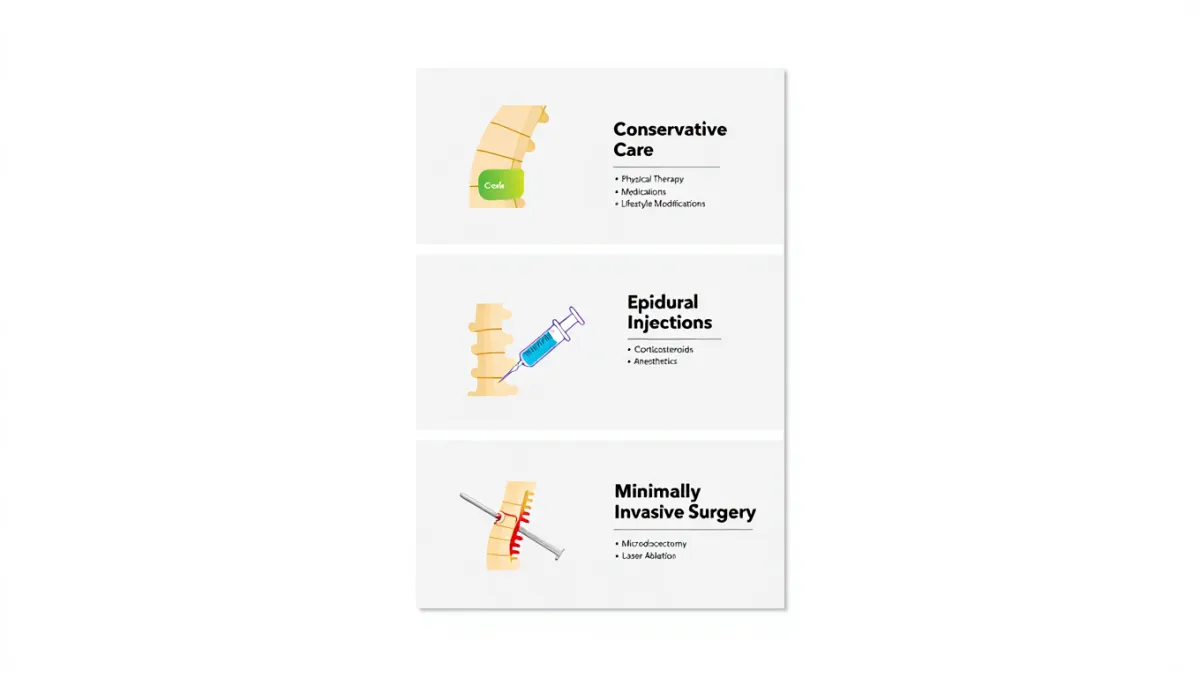
Recovery and Prognosis
Conservative care – Many patients improve in 6–12 weeks
Injections – Provide relief lasting months to a year
After MIS microdiscectomy – Patients often return to activity in 6–12 weeks
After spinal fusion – Recovery is longer, usually several months
Why Choose Desert Spine and Pain?
Nationally recognized neurosurgeon – Dr. Greenwald has decades of expertise treating disc disorders.
Conservative-first approach – Surgery is only recommended when necessary.
Advanced surgical options – Including motion-preserving disc replacement.
Compassionate care – Helping patients feel reassured at every step.
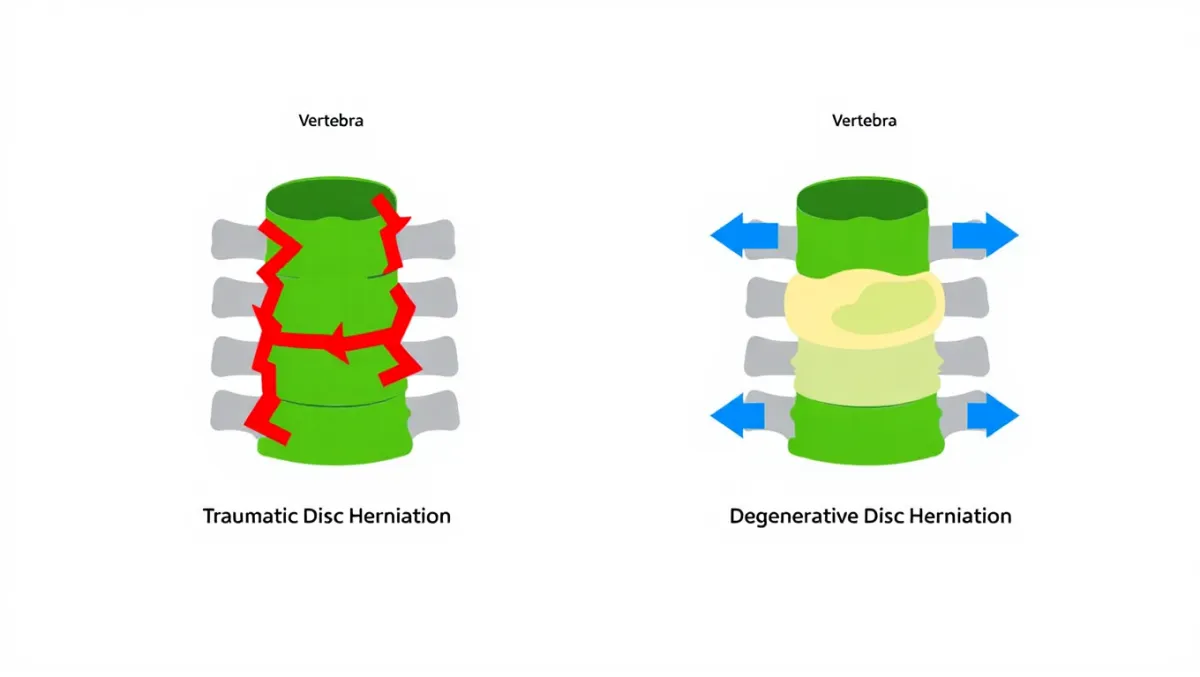
Frequently Asked Questions
How is degenerative disc herniation different from a regular herniated disc?
A degenerative disc herniation develops slowly as discs wear down, while an acute herniation usually happens suddenly due to trauma.
Can degenerative disc herniation heal on its own?
Symptoms often improve with conservative care, but the disc itself does not fully “heal.”
Do all degenerative disc herniations need surgery?
No. Most patients improve with conservative treatments like therapy and injections. Surgery is considered if pain persists or nerves are severely compressed.
How long does recovery take after surgery?
MIS microdiscectomy recovery is often 6–12 weeks, while fusion procedures may take several months.
How does Desert Spine and Pain treat disc herniations differently?
We combine precision diagnostics, conservative-first management, and advanced minimally invasive techniques led by Dr. Greenwald.
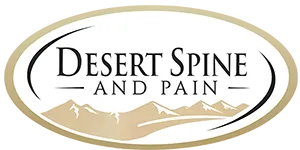

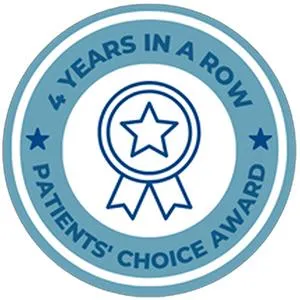
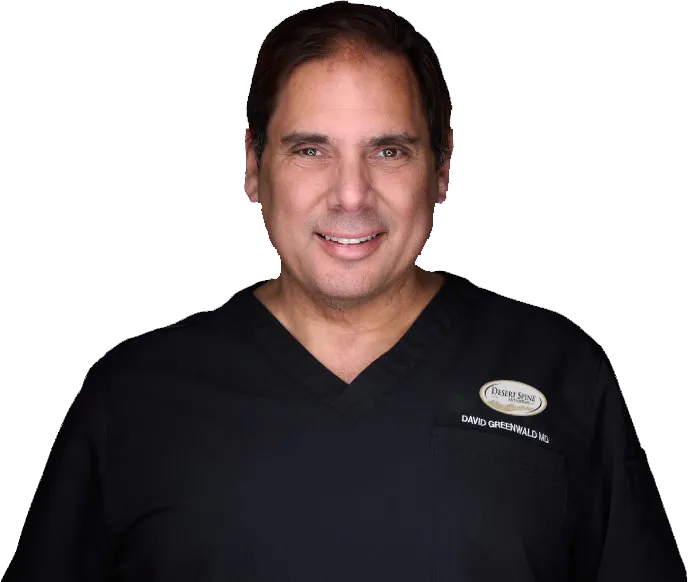
Dr. David L. Greenwald, MD
Neuro-Spine Surgeon
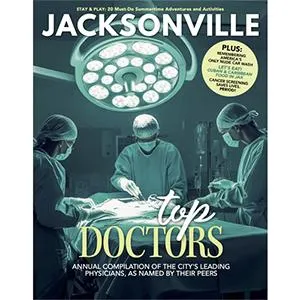
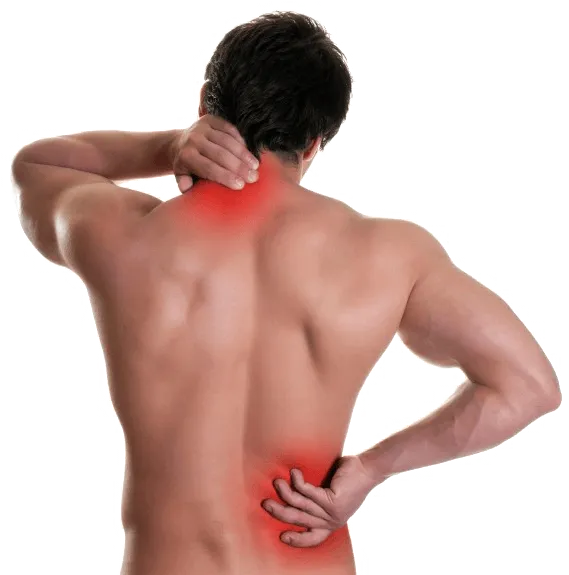
Call Now!
Desert Spine and Pain
A Spine Specialist is standing by.
Relief is just a phone call away!
Available Around the Clock.
Phone: (602) 566-9500
Email: [email protected]
Contact Us
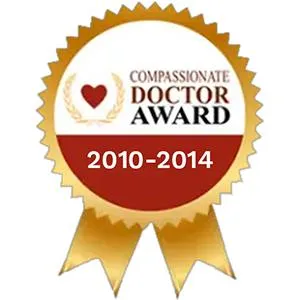
Schedule a Consultation today.
If you’re struggling with pain or nerve symptoms from a degenerative disc herniation, Dr. Greenwald and his compassionate team are here to help you find the right solution. We’ll work closely with you to develop a treatment plan that relieves pain, restores strength, and helps prevent future flare-ups. Every step you take toward better spine health is a step toward a more active, comfortable life. Schedule your consultation today and take the first step toward lasting relief and renewed confidence in your movement.
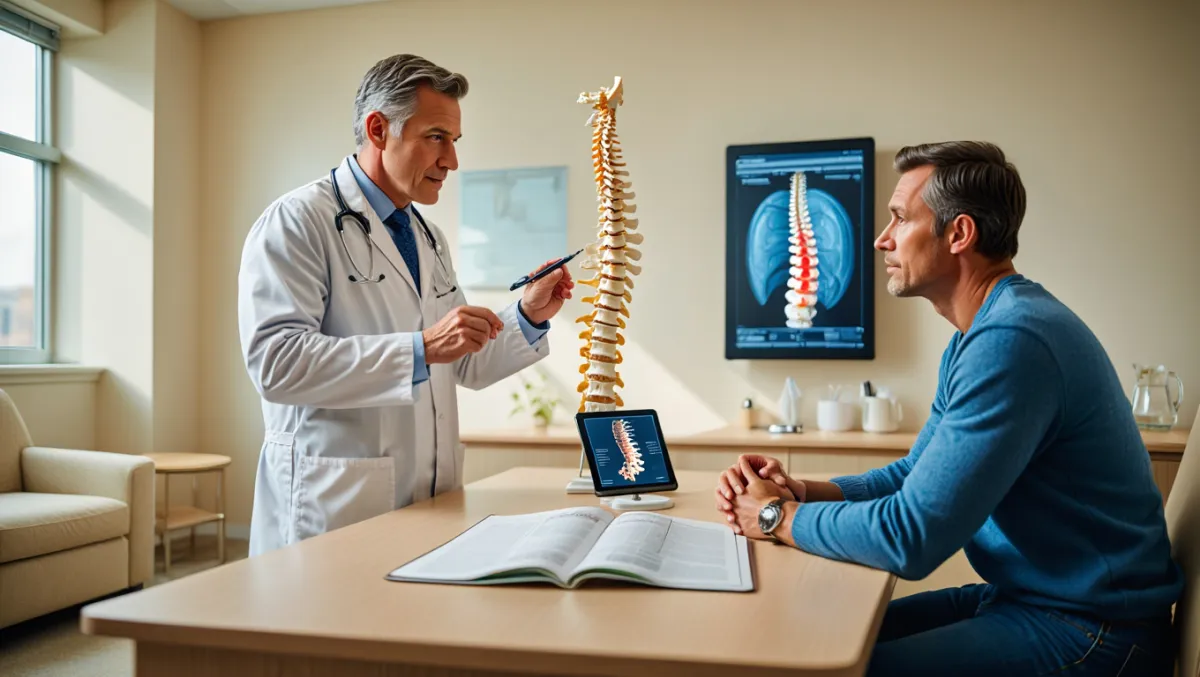
Voted Best Spine Doctor
Over 30 Years Experience in Orthopedic & Neuro Spine Surgeries.

Dr. David L. Greenwald, M.D., F.A.C.S.
Neurosurgeon | Spine Surgeon | Regenerative Medicine
Dr. David L. Greenwald, MD, FACS, is a board-certified spine surgeon with extensive experience treating degenerative disc herniation, a condition where weakened spinal discs lose height and flexibility, leading to herniation and nerve compression. This often results in chronic neck or back pain, numbness, or radiating discomfort in the arms or legs. Dr. Greenwald uses advanced diagnostic imaging to pinpoint the exact location and severity of the herniation, creating personalized treatment plans that may include physical therapy, targeted injections, or minimally invasive surgery to relieve pressure on the nerves and restore spinal stability. His patient-centered approach helps individuals throughout South Florida achieve long-term pain relief and improved mobility.
Book your Spine Care Consultation Today!


Desert Spine and Pain
Patient Centered & Partner Focused
Quick Links
Resources
Connect With Us
© Desert Spine and Pain. 2026. All Rights Reserved. Sitemap

